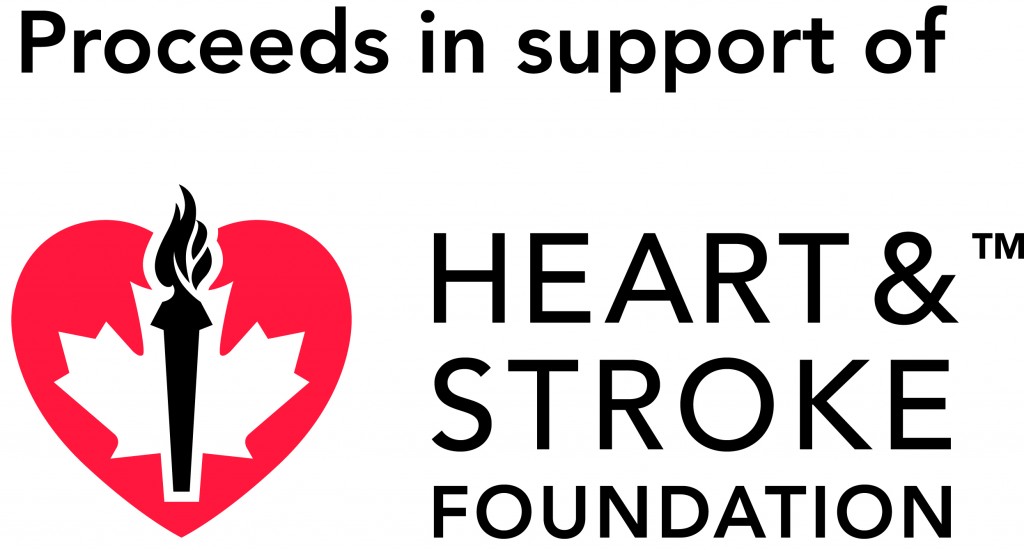 Most people know that visiting the dentist is an essential part of caring for their teeth. Regular checkups and cleanings are, of course, very important. But what some people don't realize is that good dental hygiene starts long before you get to the dentist's office. You may be saying, "I know, it starts with my toothbrush and floss." But actually, oral health begins even before that. A healthy smile starts at your grocery store.
Most people know that visiting the dentist is an essential part of caring for their teeth. Regular checkups and cleanings are, of course, very important. But what some people don't realize is that good dental hygiene starts long before you get to the dentist's office. You may be saying, "I know, it starts with my toothbrush and floss." But actually, oral health begins even before that. A healthy smile starts at your grocery store.
Dental checkups can detect problems early on and address them, but only good nutrition can give your teeth and gums the healthy foundation they need. If your diet is rich in tooth-friendly nutrients, you will be less prone to gum disease, tooth decay, and even jawbone loss.
So, which nutrients are the most important? Here are a few tooth-building superstars.
Calcium:
We all know that calcium builds strong bones and teeth. Most expectant mothers are even aware that the calcium-rich foods they eat during pregnancy will ensure that their babies develop strong, healthy teeth later on. But did you know that calcium is important to your teeth long into adulthood?
On its "Milk Matters" page, the National Institutes of Health tells us that calcium can protect teeth against decay. Furthermore, a 2001 study published by the US National Library of Medicine found that elderly people who had adequate amounts of calcium in their diets were more likely to retain their teeth as they aged.
Good sources of calcium include yogurt, cheeses, milk, and leafy green vegetables. If you can't get an enough calcium from your diet alone, talk to your doctor about adding a calcium supplement.
Vitamin D:
Vitamin D is sometimes called the sunshine vitamin because your skin can synthesize it during exposure to sunlight. Vitamin D could also be called the healthy smile vitamin. It not only helps your teeth, but it also keeps your gums healthy. Another study published by the National Library of Medicine has shown a connection between low levels of dietary vitamin D and gingivitis. People in the study who had more of the vitamin in their diets had healthier gums.
While most of us get plenty of vitamin D from sun exposure, people who live farther from the equator may need to take a supplement during the winter months.
Vitamin C:
Long ago, British sailors were called "Limeys" because their superiors made them eat limes on long ocean voyages. Why? Because limes are rich in vitamin C and without it, the sailors got scurvy and often lost their teeth. While there's little danger of developing scurvy today, a study in the year 2000 of people who ranged in age from 20 to 90, showed that vitamin C is still necessary for healthy gums. People in the study who had the lowest dietary intake of this essential vitamin were at the highest risk of gum disease.
Vitamin C is perhaps the easiest of vitamins to get from your diet. Rich sources include strawberries, apricots, oranges, lemons and, of course, limes. Red and yellow peppers also have lots of vitamin C, as do tomatoes and brussel sprouts.
Never put off regular dental checkups and cleanings, but in between appointments, watch your diet. Making sure these essential nutrients are a part of your daily intake will ensure that your teeth and gums are as healthy as they can be.










